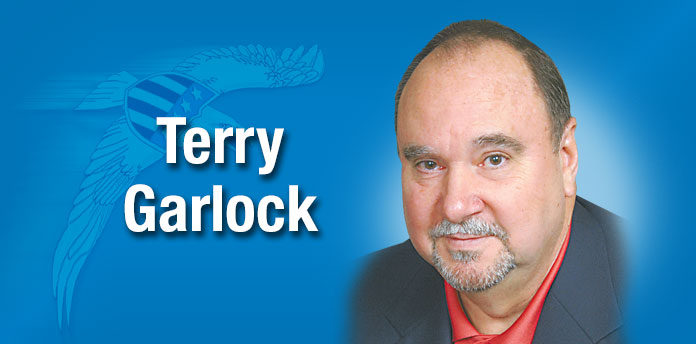If you don’t teach them, they will learn by observation that Memorial Day is about mattress sales, pool openings for the summer, barbeques and celebration of veterans. The veterans who participate should know better, because Memorial Day is quite different than Veterans Day.
Memorial Day is about the somber remembrance and honoring those who died serving their country.
I have many local veteran friends, and among those who have been to war, most have more combat creds than I do. One thing we share is knowing and remembering friends who died in violence while doing their job. KIA, killed in action, often very young. That loss we feel never fades, but it pales in comparison to the everlasting pain in the surviving family.
Two of my veteran friends are Tony Armstrong and Mike King. Tony and I were Cobra helicopter gunship pilots in the Vietnam War; Mike flew Scout helicopters, making himself a target to find the enemy. Tony was burned over nearly 50% of his body when a hot refuel (refueling while engine and rotors turned) went sideways. Mike was shot down 5 times but came home standing up. I was shot down once, but it was a bad one and I spent a lot of time in hospitals, as did Tony.
The point is this. Tony, Mike and I lived through it. We came home to live out our lives. We had families and had the joy of watching children grow up. Sometimes we are called heroes by people who mean well in acknowledging our service, but some of us don’t really like that because, to us, the heroes are the ones who did not come home alive. They never had the chance to live out their lives, and their loss broke the hearts of their families, wounds that never heal.
This is a second-hand story, but I have reason to believe it is true. Upon returning from a combat tour, a US Army Major was assigned to notification duty. That means when a soldier was killed, his job was to put on his dress blues uniform and accompany a chaplain to inform the family.
For his first notification the chaplain was not available and the Major went alone, driving to the rural area, searching for an address without the aid of GPS.
He didn’t find it and stopped in the local town Post Office, thinking perhaps they could give directions. While he was being directed, the farmer he was looking for came in the Post Office with his wife, and the Postal employee told him this Army officer was looking for him.
The farmer immediately bent over and vomited, knowing instantly why the officer was there. It took his wife only a couple of seconds to catch on, and the Major caught her as she fainted.
Soon the Major followed the farmer and his wife in his car and stayed with them at their farm home, helping with a few phone calls, comforting as best he could as people arrived to be with the family in their sorrow beyond words. A few hours later the Major drove back to his office, now a changed man.
He went on to make a number of notifications of various types, even including a burial at sea. I don’t know how many notifications he made, but eventually he called a General officer he knew at the Pentagon.
On the phone he said something like this: “General, I need your help. You’ve got to get me out of here. I can’t do this any more. Ship me to Alaska, send me back to combat, but I have to get out of here!”
He didn’t want to knock on one more door or push one more doorbell button, be greeted by smiling faces and then shatter their lives.
Mike King has made notifications, and he would rather take a bullet than do it again.
We call them Gold Star families in honor of their ultimate sacrifice. That’s what Memorial Day is about. And your children should know.
[Terry Garlock lives in Peachtree City and writes columns occasionally for The Citizen. He has authored a book, “Strength & Honor: America’s Best in Vietnam.” His email is [email protected].]













Leave a Comment
You must be logged in to post a comment.